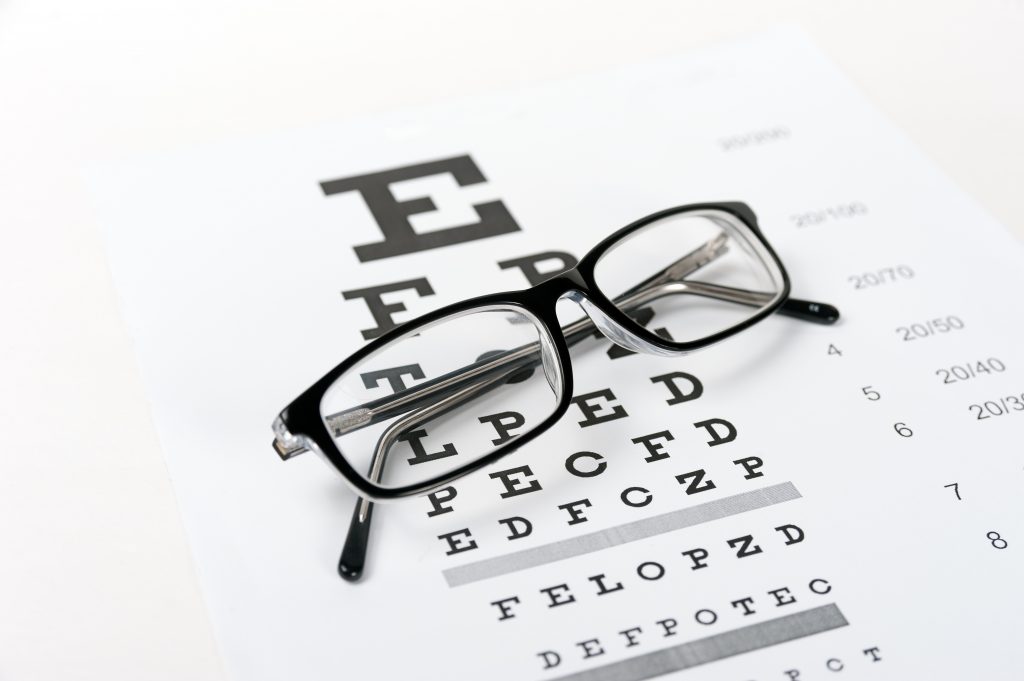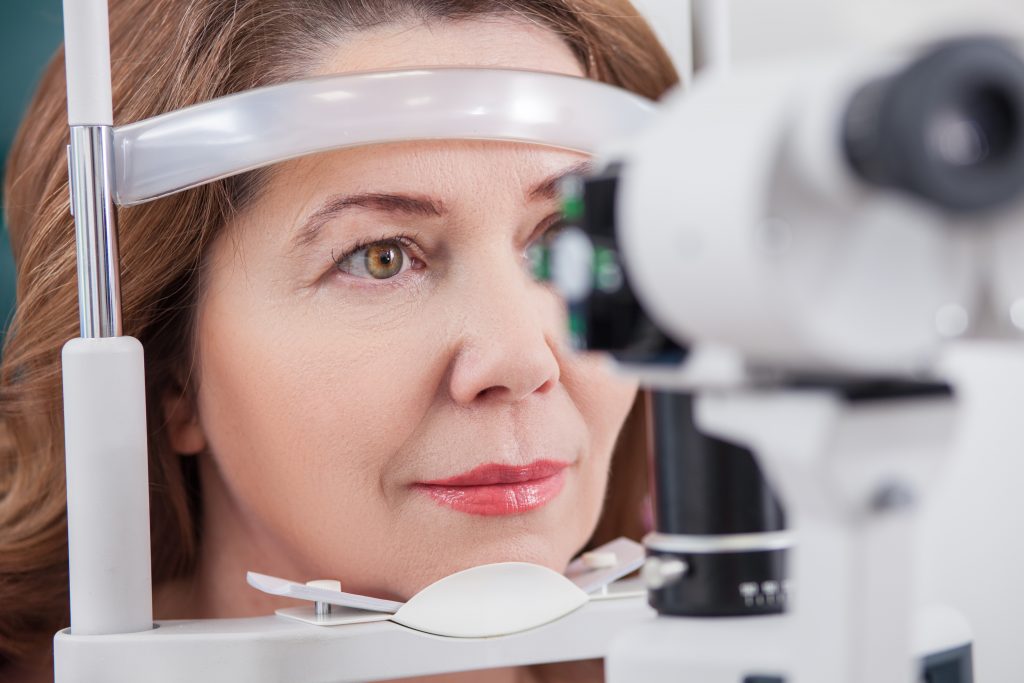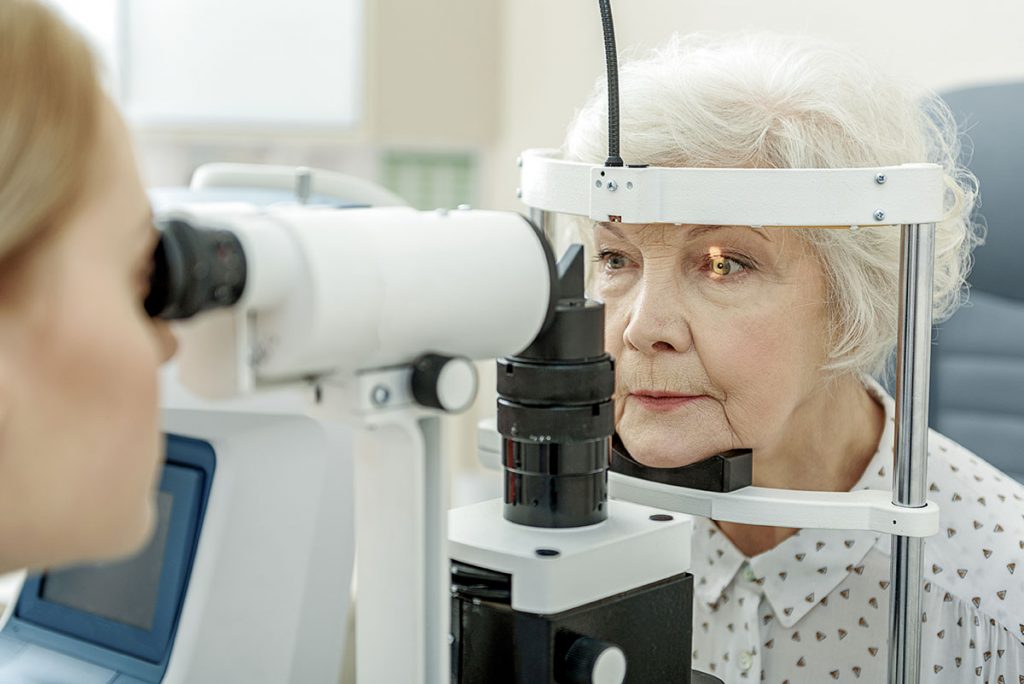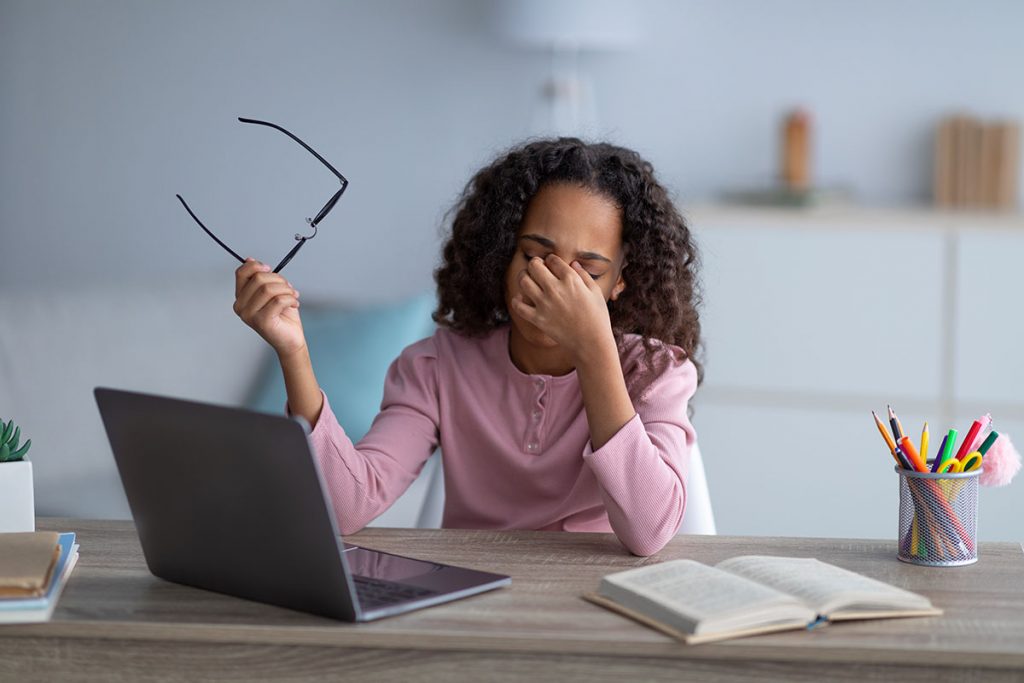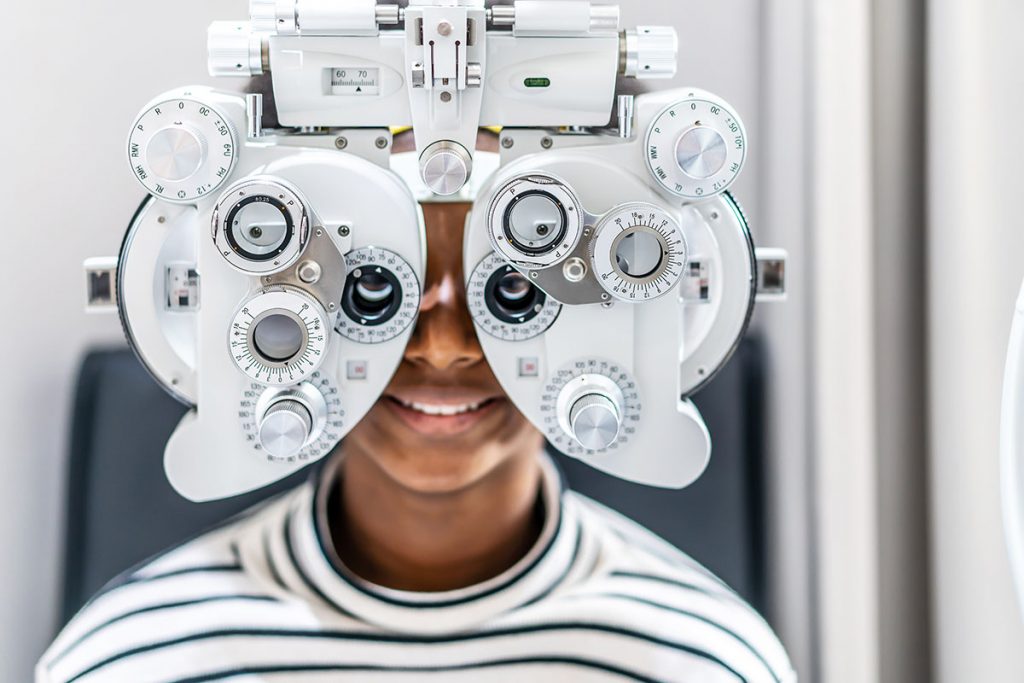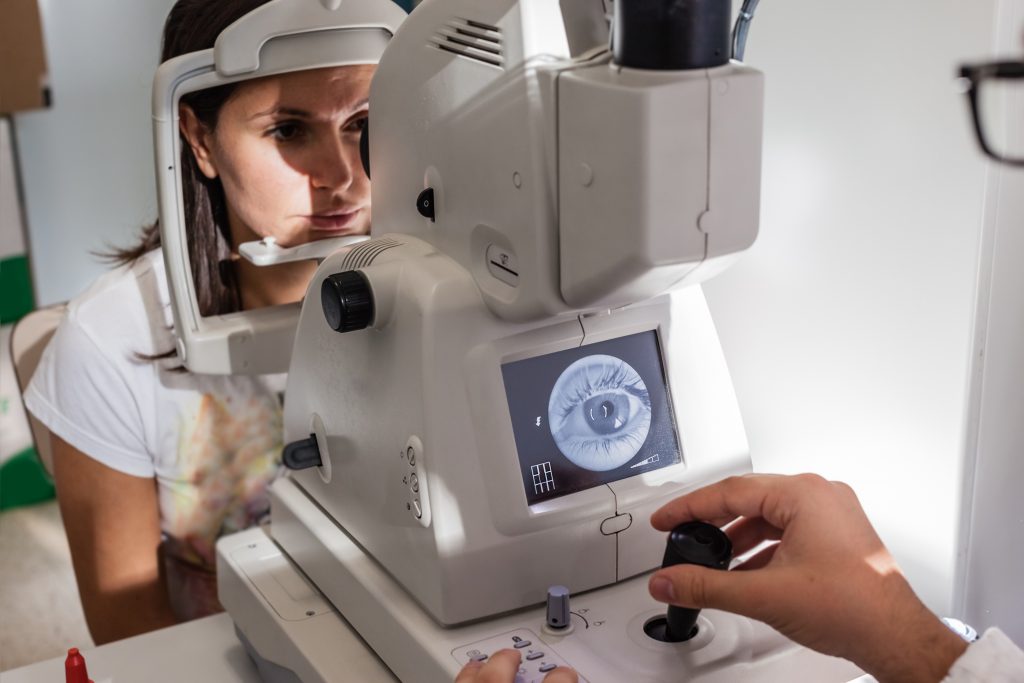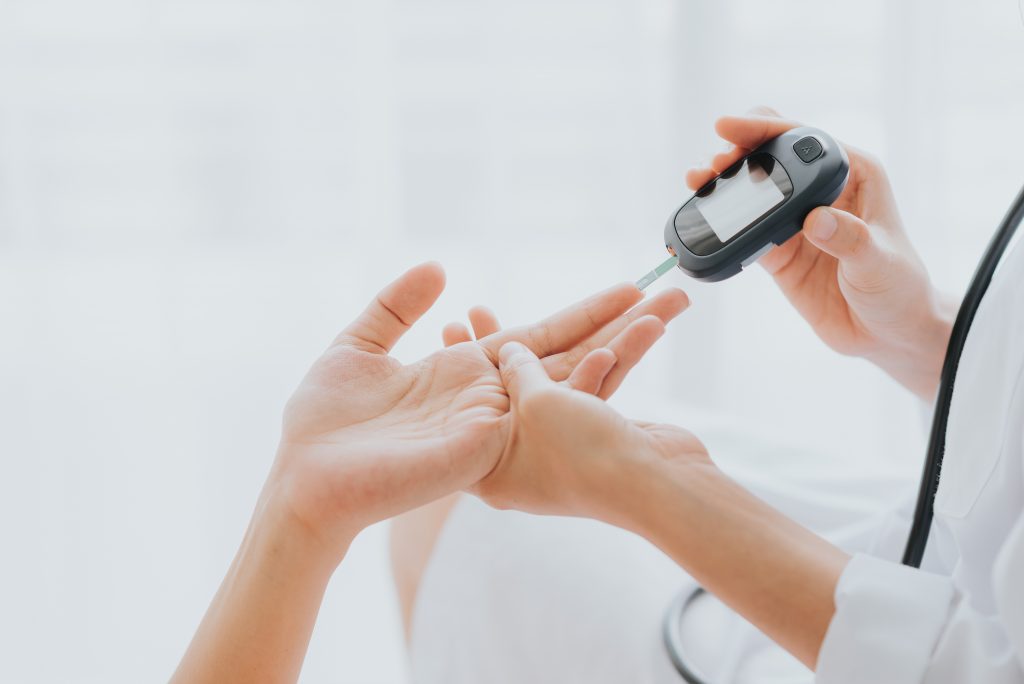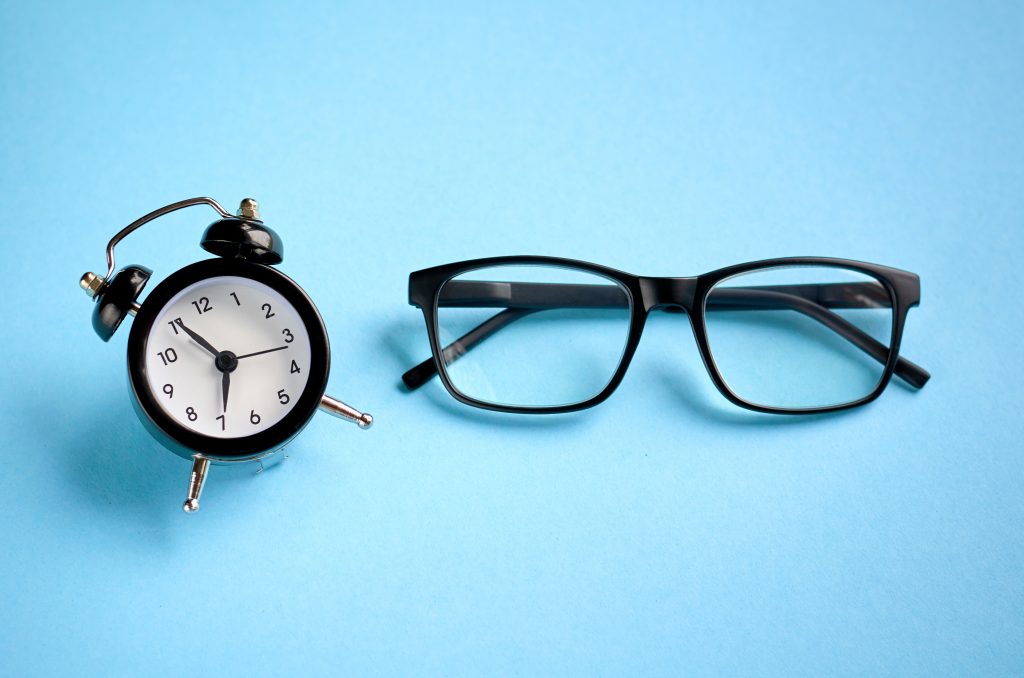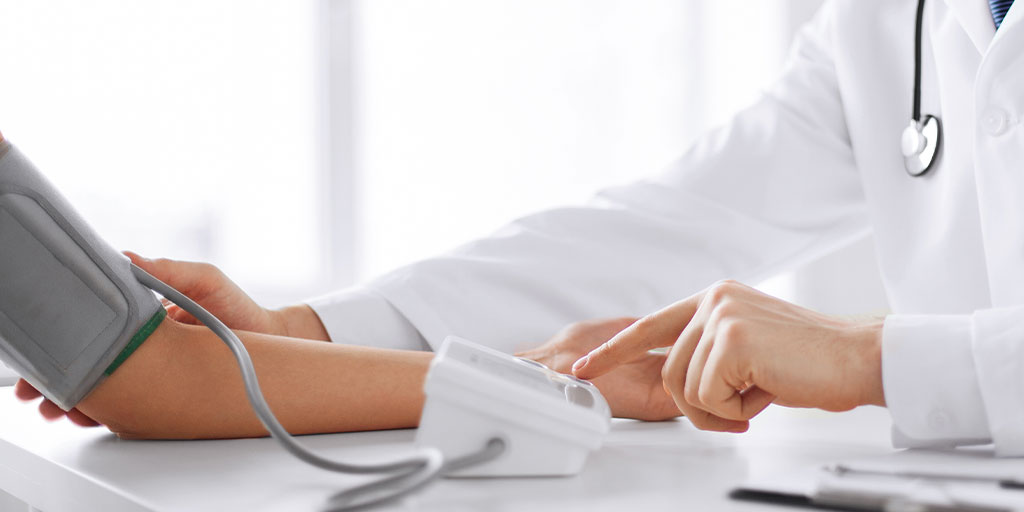News & Information
Educating children at a young age about eye care is crucial to maintaining long-term, high quality vision. If you introduce your child to healthy practices in their early years, they are more likely to develop habits that will protect their eyes and preserve their vision throughout their life. Many of the lessons about proper eye…
Read MoreMost medical procedures or exams require some form of preparation. For instance, a doctor may tell you only to drink liquids before a surgical procedure. The same requirements are true for an eye exam. What you do and don't do can directly impact the results. Therefore, there are several things you should avoid in the…
Read MoreYes, an eye exam is a form of preventive care. During an eye exam, your eye doctor assesses your eyes to determine the quality of your vision and diagnose any eye conditions. Your doctor can prevent a condition from occurring or worsening by identifying health issues. So, eye exams are preventive care. For this reason,…
Read MoreDuring a diabetic eye exam, the doctor evaluates your retina and retinal blood vessels—the two areas of your eyes most affected by diabetes. During the exam, your vision specialist will first gather any relevant information in terms of your medical history and then have you read a standard eye chart. Afterwards, a series of tests…
Read MoreDigital eye strain is not just a problem for adults. Children from toddler age to adolescence can also suffer from digital eye strain at an early age, due to overexposure to or misuse of device screens. Devices such as computers, smartphones, tablets and televisions produce intense artificial light that can hurt your child's eyes and…
Read MoreA comprehensive eye exam is designed to evaluate your eyes and your vision. Unlike a simple vision screening that only tests your vision, a comprehensive eye exam is a series of tests that your eye doctor performs to assess the health and condition of your eyes. The test may also extend into your overall bodily…
Read MoreWhen you visit your eye doctor, you probably expect them to assess and diagnose problems related to your eyes. However, did you know that an eye exam can detect a wide range of medical conditions throughout the body? For instance, your doctor may discover high blood pressure, diabetes, high cholesterol, or even cancer symptoms by…
Read MoreDiabetes occurs when your body does not properly process food as energy. When you have diabetes, your body either does not respond to or does not produce insulin, a hormone that delivers glucose (blood sugar) to the cells in your body. Having too much glucose in the bloodstream, outside the cells where it belongs, can…
Read MoreMost eye exams last between 30 and 60 minutes, depending on which exam the eye doctor performs. During this time, the optometrist will assess your eyes and diagnose any conditions or recommend some form of sight correction. If you have never had an eye exam, your first visit may last from 30 minutes to several…
Read MoreLow blood pressure is typically a good thing for most people. If you have low blood pressure, you have a systolic pressure of less than 120 and a diastolic pressure of less than 80 (120/80). However, your blood pressure can reach a point where it is too low. When that occurs, you experience a condition…
Read More

